Everyone feels sensitive or unsure at times, but what makes many of us feel insecure as gay men?
Root Causes of Insecurity
It's difficult to point out why one gay man is dealing with insecurity more than another. A lot of it has to do with what we experienced as kids. And for some of us, growing up was pretty sucky.
Unfortunately, crappy childhood experiences have a way of playing out in our lives as gay adults, potentially causing feelings of insecurity to emerge and interfere in our interactions with others.
Examples might include painful or traumatic childhood memories, absentee parents, parents who lacked boundaries, or poor caretakers.
Painful or Traumatic Childhood Memories
Perhaps you were made to feel bad or were singled out as deficient in some way. Maybe your parents only showed love on condition that you met some kind of criteria for them, like a perfect report card or playing certain sports.
If you had siblings, maybe you were constantly compared to them and told, "if only you were more like your brother." Maybe your parents refused to acknowledge or celebrate your birthday.
Absentee Parents
Some of us had parents who just weren't present. Whether mom or dad ran off, died or divorced, we interpreted that to mean they didn't love us or that we weren't lovable enough for them.
After my mom and dad divorced and before my dad remarried, I had some pretty good memories of bonding and doing things with my dad. But that changed after my stepmom and her kids came along.
From that point forward there was rarely a time I had my dad to myself. And even though my steps had the benefit of seeing my dad everyday, it was always an issue if I wanted time with him without everyone else.
"Boundaryless" Parents
Maybe your parents had terrible emotional or physical boundaries. Perhaps mom overshared about her relationship issues with dad. Or dad complained to you about his job.
Did mom respect your privacy when you were going through puberty or did she point out things that were embarrassing or humiliating?
My mom needed me to meet her emotional needs, making it clear I was her only family and that it would be the end of the world, for example, if I wanted to spend the holidays with my dad, because she would have nowhere to go.
Nothing was further from the truth because she did have other family. The guilt and torment of having to choose never really left me, even as an adult.
Bad Caretaking Experiences
Were you raised by a single parent or did your parents have multiple jobs to make ends meet so that you were watched by caretakers, such as babysitters or other family members?
Maybe it was the daycare from hell. Or a vicious older brother or sister. Or a physically or sexually abusive relative
What Does It Mean to Be Insecure?
Situations and experiences like the ones described have a way of eroding a secure sense of self. They break down the ability to see ourselves objectively and independently from and in relation to others.
Aristotle once said, "The aim of the wise is not to secure pleasure, but to avoid pain." When I think about what it means to feel insecure, it almost always seems to be in response to a conscious or unconscious perception of pain related to people or situations.
In A Theory of Human Motivation, Abraham Maslow said, "The truth of the matter is that while there is only one kind of security, there are many kinds of insecurity...One insecure individual may solve his problems generally by withdrawing, another by overaggressiveness, another by ingratiation, etc."
Maslow believed that characteristics of insecure people could be clustered into groups of feelings, some of which I found interesting in terms of clues to what causes insecurity in gay men:
- Feeling rejected, unloved, treated impersonally
- Feeling isolated, ostracized, odd
- Feeling hypervigilant, constantly anxious
- Feeling excessively introspective, prone to overthinking
- Feeling a constant need for reassurance or a sense of safety
Is Gay Insecurity a Crisis?
The current mental health climate of the general population is being heavily impacted by things like ongoing social distancing and isolation, job loss and economic insecurity, fears of losing loved ones and/or deaths of loved ones and fears of getting COVID.
The kinds of issues and tragedies happening with everyone right now are similar to the kinds that gay men have endured for decades. In under a year's time, the pressure cooker of a worldwide pandemic sounded alarms regarding the potential hit to everyone's mental health.
Decades versus a single year.
When you consider the concerns of what is happening to the general population in the course of a very short period of time, is it possible that gay insecurity could not just be an issue, but maybe even a crisis?
Disclaimer: The information and perspectives shared in my posts, articles, and videos are based on my personal experiences and reflections. I am not a licensed therapist, counselor, or medical professional, and this content should not be considered a substitute for professional advice. If you are experiencing distress, depression, or mental health challenges, please reach out to a qualified professional who can provide the help you need. For immediate support, contact a mental health provider or, if you are in crisis, please call the Suicide & Crisis Lifeline at 988 (available in the U.S.) or your local emergency number.

